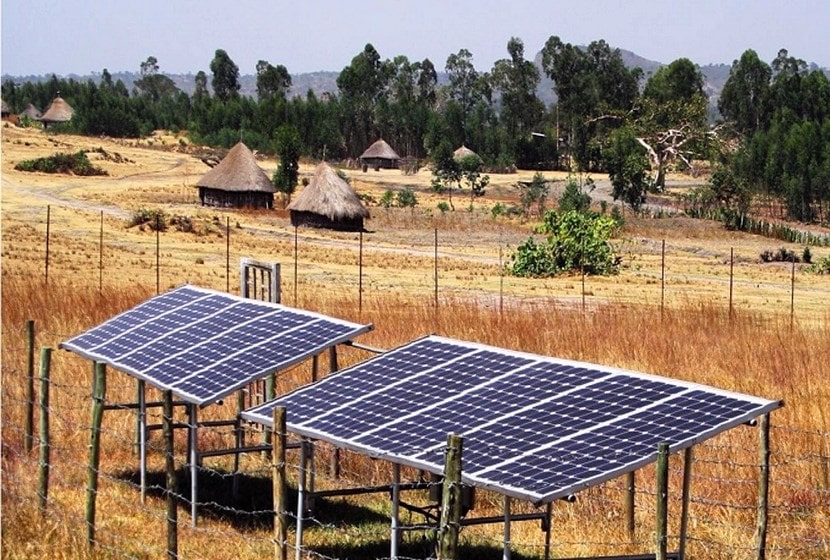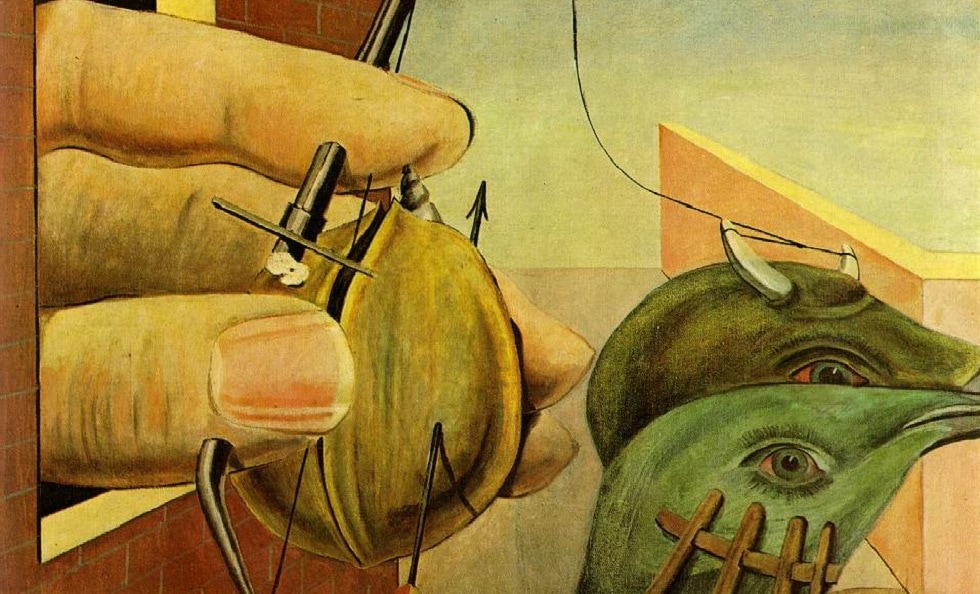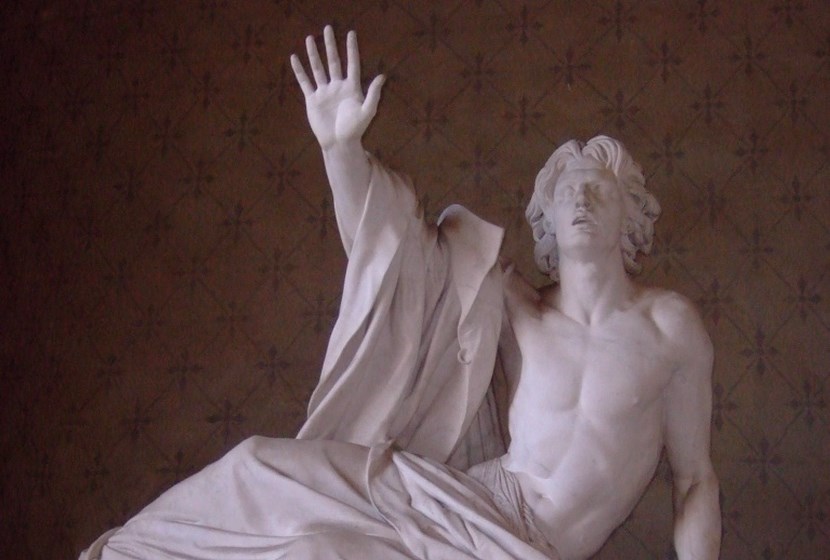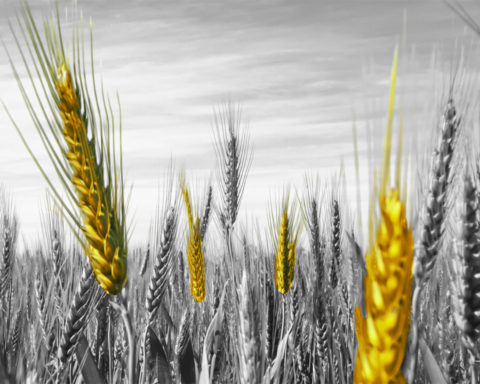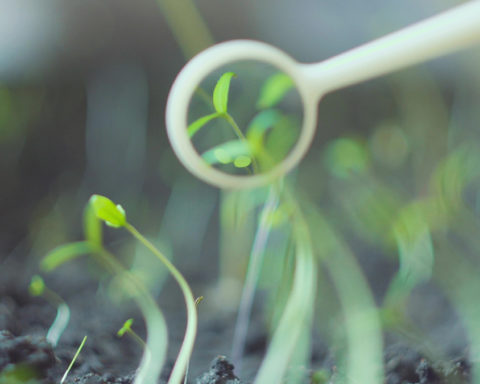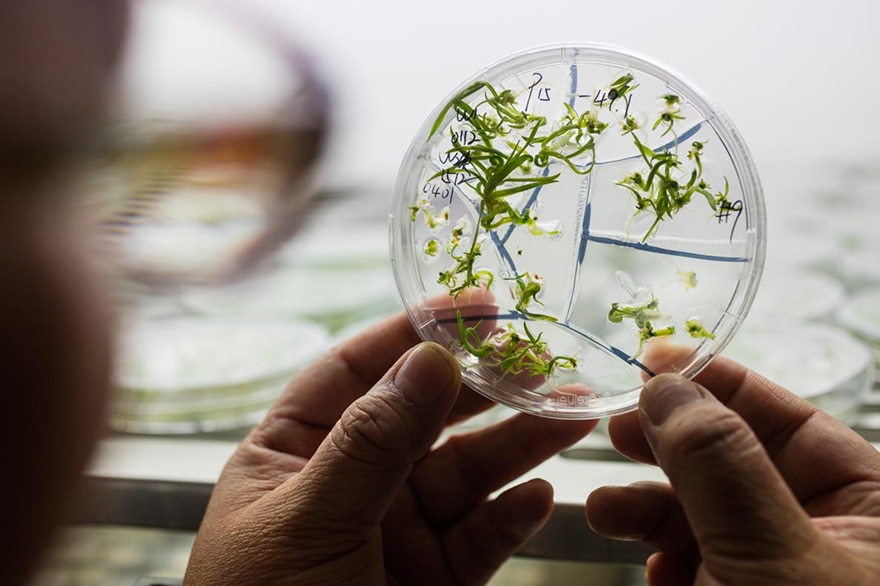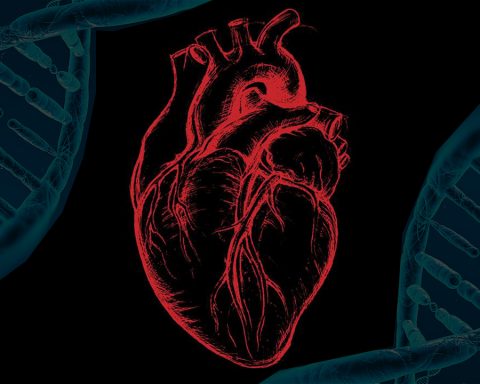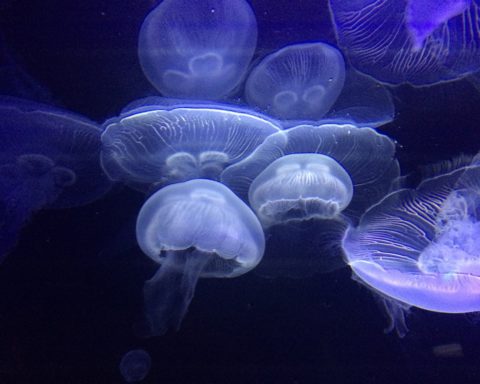Here is the contribution of René Passet at the Assises du Vivant on 30 November 2012, organised by VivAgora at the INESCO Paris headquarters. First of all, define what we hear about.
I consider that the bioeconomy is neither a particular discipline nor a particular branch of the economy, but the economy as a whole, which must be rethought with respect for the natural mechanisms that ensure the reproduction of the biosphere and the human societies that the biosphere carries within it.
Indeed, the now crucial issue of sustainable development marks the moment when, as the limits of the biosphere's carrying capacity are crossed, most of the founding conventions of the economy are being called into question. Thus :
- Nature ceases to be that free, inexhaustible and indestructible good, situated outside the field of economic calculation that it was supposed to be since the first classics; it enters the circuit of scarcity.
- the positive relationship that is supposed to link the quantitative variation of a provision of goods and the resulting satisfactions becomes random and can be reversed (Easterlin paradox) with the saturation of needs, or when additional production pays for itself by damaging the natural heritage from which it comes.
- the hypothesis of substitutability - between goods as well as between factors - at the heart of any optimization strategy, comes up against the physical limits of the planet: increasing the quantity of a resource that is depleting does not compensate for the quantitative reduction of another resource that is still abundant in nature.
The economy is doomed to rediscover that it is not only manipulating monetary values, but also physical and energy flows that it takes, transforms and rejects from natural environments. It can therefore only be sustainable if it deploys its optimisation strategies in compliance with two fundamental imperatives:
- Firstly, the insertion of its linear processes into the phenomena of circularity by which natural flows and stocks ensure their reproduction (in evolution) over time; this presupposes: a management that ensures that non-renewable natural resources are replaced by other (preferably reproducible) resources; respect for the reproduction rhythms of renewable resources; respect for the rhythms of self-purification of the environment. This presupposes the preservation, not of things, but of the functions of nature. This economy must be open to realities that it could ignore as long as it did not threaten their existence; it must be transdisciplinary.
- Secondly, insofar as organs and functions are mutually determined, the economy must rethink its organisation and governance in the light of the principles derived from living systems, which are complex systems: we must be careful here not to confuse a reflection on principles with a simple transposition of models from one area to another.
This is the concept that I have tried to develop, since 1979, in my book The Economic and the Living, as well as, more recently (2010) in The major representations of the world and the economy.
At the crucial moment when the neo-liberal paradigm is cracking under the weight of its own contradictions, we can declare that the economic paradigm of the future will have to be bio-economic... if there is to be a future for humanity.
Compared to other designs :
- This bio-economy is at the antipodes of what Gary Becker The term "biosphere" is used in the same sense and is, in fact, a simple pretension to absorb the logic of the biosphere into that of a supposedly "generalized" economy, a reductionist attitude if ever there was one;
- Having regard to Georgescu-Roegen1°/ while Georgescu closely follows the thermodynamics of Carnot's closed systems, which inevitably lead to entropic degradation, I rely on the thermodynamics of Carnot's "dissipative structures", which are the result of the use of the solar energy that animates and nourishes them. Prigogine, which refers to open systems (our planet is a system open to solar energy), and leads to the processes of "creative destruction" specific to the complex evolution of living systems ... and the economy; 2°/ Moreover, one of Georgescu's weaknesses, which I am trying to remedy, is to never penetrate into the play of natural mechanisms, to stick to what I would call a simple "entropy of the living".
It seems to me - without wishing to go back beyond the modern era - that the great school of thought that can be considered as authentically bio-economic is the Physiocratic School. In 1758, the Economic Table of François Quesnay proposes an economy that is entirely subordinate to respect for a "natural order" and "natural laws" of a physical and moral nature, "from which societies cannot depart," he says. Le Mercier de la Rivière, without betraying their true interests, without ceasing to be corporations". This, it seems to me, brings to a close any further search for paternity.

{Jacuzzi on}

